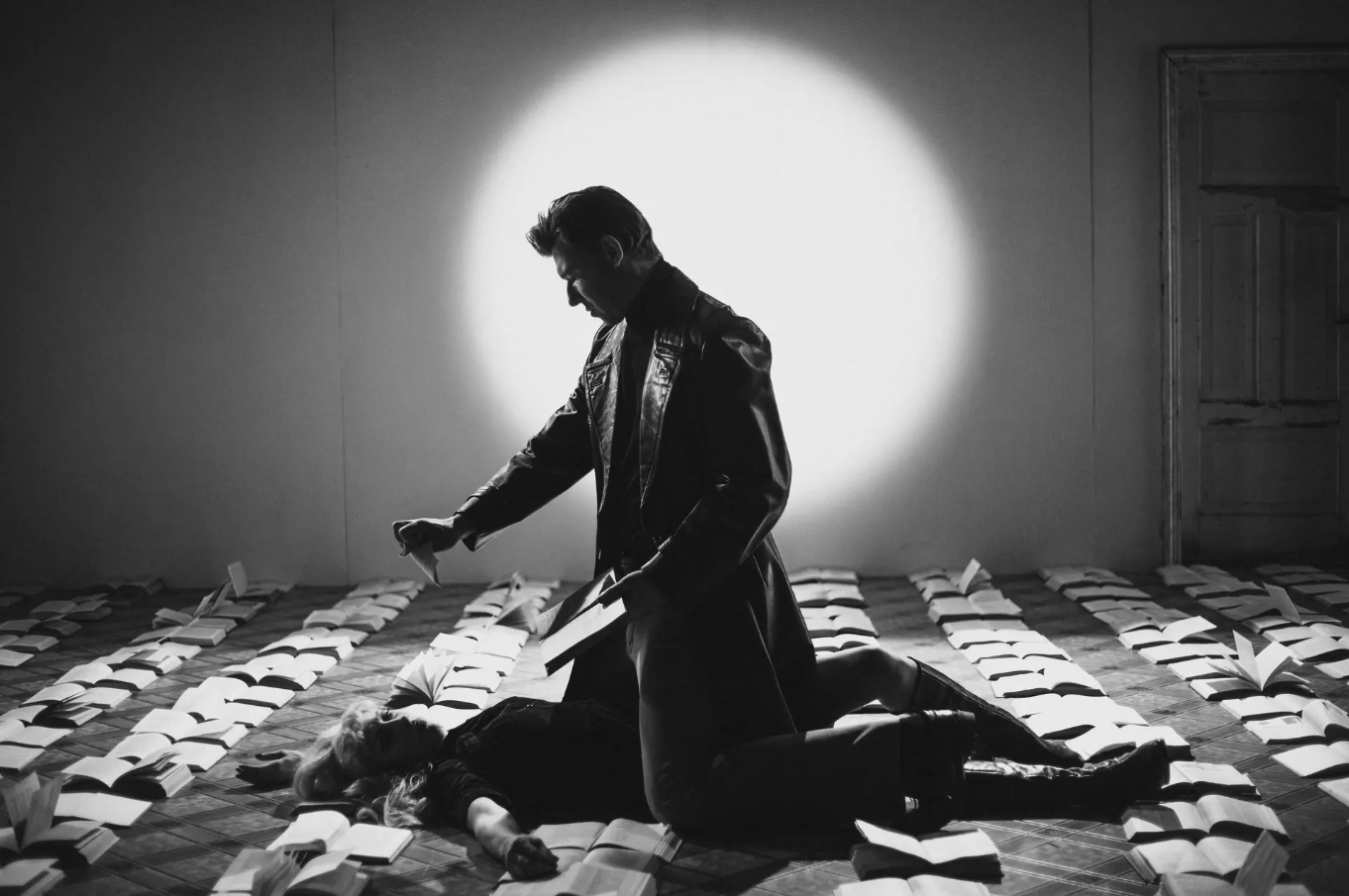Diary of Vaino Vahing. A staged documentary by Rainer Sarnet (Estonia, 2021)
Diary of Vaino Vahing, directed by Rainer Sarnet, is a staged documentary based on the diaries of Estonian writer, psychiatrist, and theatre practitioner Vaino Vahing. Covering the years 1968 to 1984, the diaries reflect his engagement with the cultural life of Tartu, personal relationships, social gatherings, and ongoing reflections on creativity and psychological thresholds.
As Johannes Lõhmus noted in Müürileht (15 February 2022):
‘Vahing’s diaries are documents of a period, recording a life shaped by love, doubt, conversation, conflict, and moments of writing or the inability to write. They offer a view into a network of people including Maimu Berg, Mati Unt, Evald Hermaküla, Jaan Kaplinski, Andres Ehin, and Hando Runnel. Vahing was interested in borderline situations, the shedding of masks, disoriented playfulness, and crossing limits that might reveal something essential or unguarded.’
The film includes performances by actors from the Von Krahl Theatre ensemble: Mari Abel, Tiina Tauraite, Liina Vahtrik, Erki Laur, Taavi Eelmaa, and Juhan Ulfsak. It does not aim to construct a linear biography but rather explores selected moments and themes from Vahing’s worldview and personal writing.
In her review in Sirp (18 February 2022), Katrin Tegova reflects on Vahing’s short story Etude, which also appears in the film:
‘It portrays the impossibility of romantic love for those who expect more than what has already been lived. In Etude, the sexual act becomes mutual aggression: who hits first, who yields, who cries. The outcome is painful, perhaps shameful, but produces a kind of destructive intimacy. Something more intense than conventional love, but unsustainable in the long term.’
Vahing’s Etude is available to read on our website, alongside selected works by his contemporaries Mati Unt and Andres Ehin. Together, these texts offer additional perspectives on the literary and psychological concerns explored in the film.
The film can be viewed online via Arkaader and Jupiter.
Kristjan Haljak
